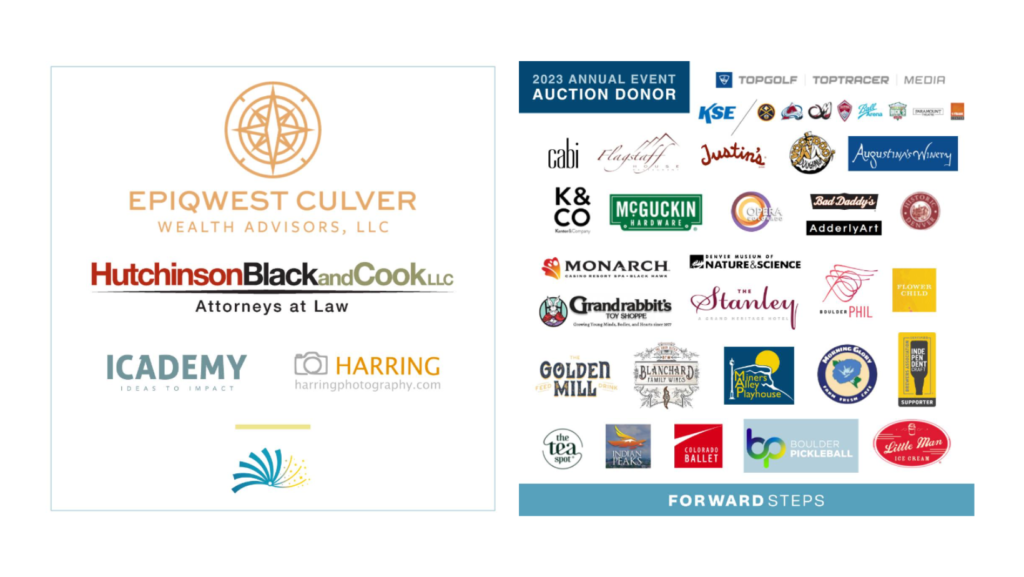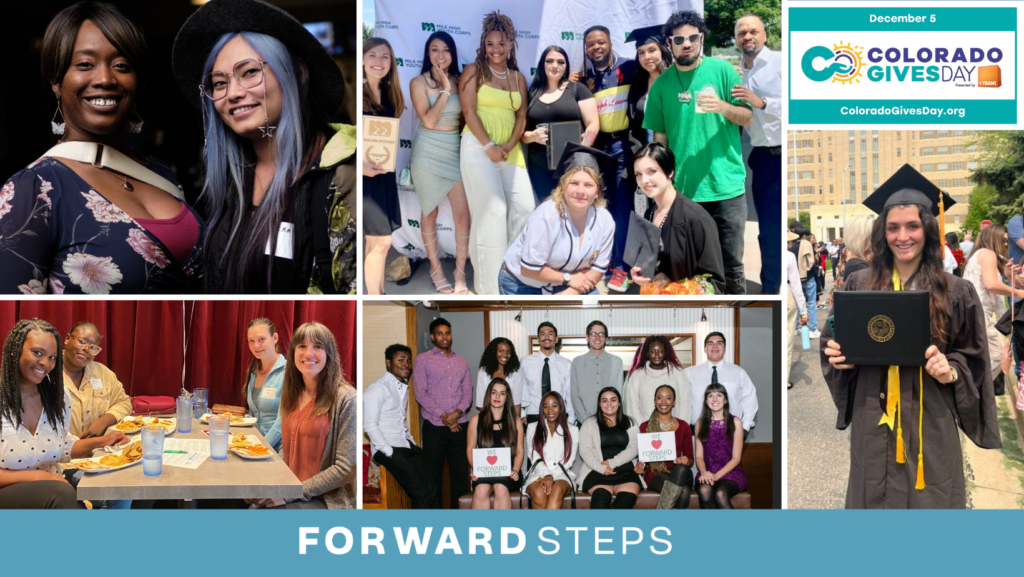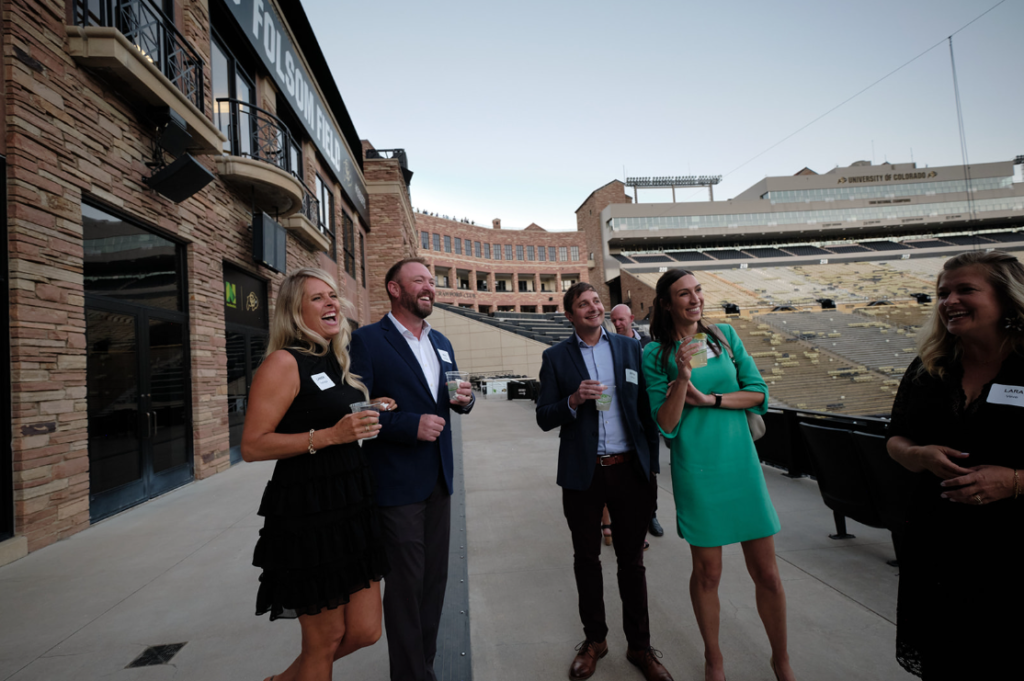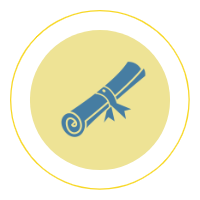
GUARDIAN SCHOLARS
Works with current and former foster youth in Colorado providing financial assistance and 1:1 mentoring. There are navigation and wrap around supports as scholars enroll, pursue, and complete their postsecondary educations.

Realizing Aptitudes
Provides career and postsecondary readiness coaching to youth and young adults facing adversity. By emphasizing a multiple pathway model and 1:1 approach, RA meets each youth where they’re at. RA helps them build a vision of what’s possible for their futures using high quality, evidenced based resources and techniques.

Impact
We believe in every youth’s potential to shatter the statistics and achieve their dreams.

Invest
We believe that investing in the success of our students is an investment in everyone’s future.

Empower
We know that postsecondary education and training opens up a world of possibilities without limits.

Make a Donation Start Helping Today
Forward Steps fills an important gap that helps ensure all students have equal access to postsecondary education and training success by providing financial assistance, mentorship, career coaching, and essential skill development.

By investing in their lives, Forward Steps supports under-resourced youth and young adults, including current and former foster youth, so they can reach their full potential as independent, healthy and contributing members of their communities. The organization works to advance equitable access along the education and workforce development talent pipeline in Colorado through navigation and wrap around supports, and customized career and postsecondary readiness programming.
In 2021, Forward Steps merged with the Realizing Aptitudes Foundation. The nonprofit organizations shared the same founder and commitment to supporting youth. They are empowered to develop and pursue a vision of what’s possible for their futures.
Through both programs, FS promotes a multiple pathway model in its career development work focused on the transition from high school to postsecondary enrollment and attainment, and workforce readiness and entry. The coaches and mentors in both programs employ a multicultural competent, targeted 1:1 and small group approach, crucial to building rapport and engaging students who previously thought that postsecondary education or training, and a fulfilling career were not an option for them.
The Forward Steps Guardian Scholars Program works with current and former foster youth in Colorado providing financial assistance and 1:1 mentoring. There are navigation and wrap-around supports as scholars enroll, pursue, and complete their postsecondary educations.
The Realizing Aptitudes program provides career and postsecondary readiness coaching to youth and young adults facing adversity. The program emphasizes a multiple pathway model and 1:1 approach to meet each youth where they’re at. Individual coaching helps build a vision of what’s possible for their futures using high quality, evidenced based resources and techniques.
Become a Scholar
NOW ACCEPTING APPLICATIONS
Forward Steps is now accepting applications on a rolling basis for the 2024-2025 academic year! If you are interested in applying or have any questions please contact [email protected] or contact (720) 795-4926.
- Applicants must have verifiable experience in the foster care system. More information about confirmation of foster care can be found here.
- First time applicants must apply before their 26th birthday.
- Applicants must be residents of Colorado and plan to attend or are currently attending a postsecondary institution in Colorado.
- Applicants must have a high school diploma or GED before beginning their first semester of college.
- Applicants must demonstrate unmet financial need determined by the Free Application for Federal Student Aid (FAFSA) or Colorado Application for State Financial Aid (CASFA).
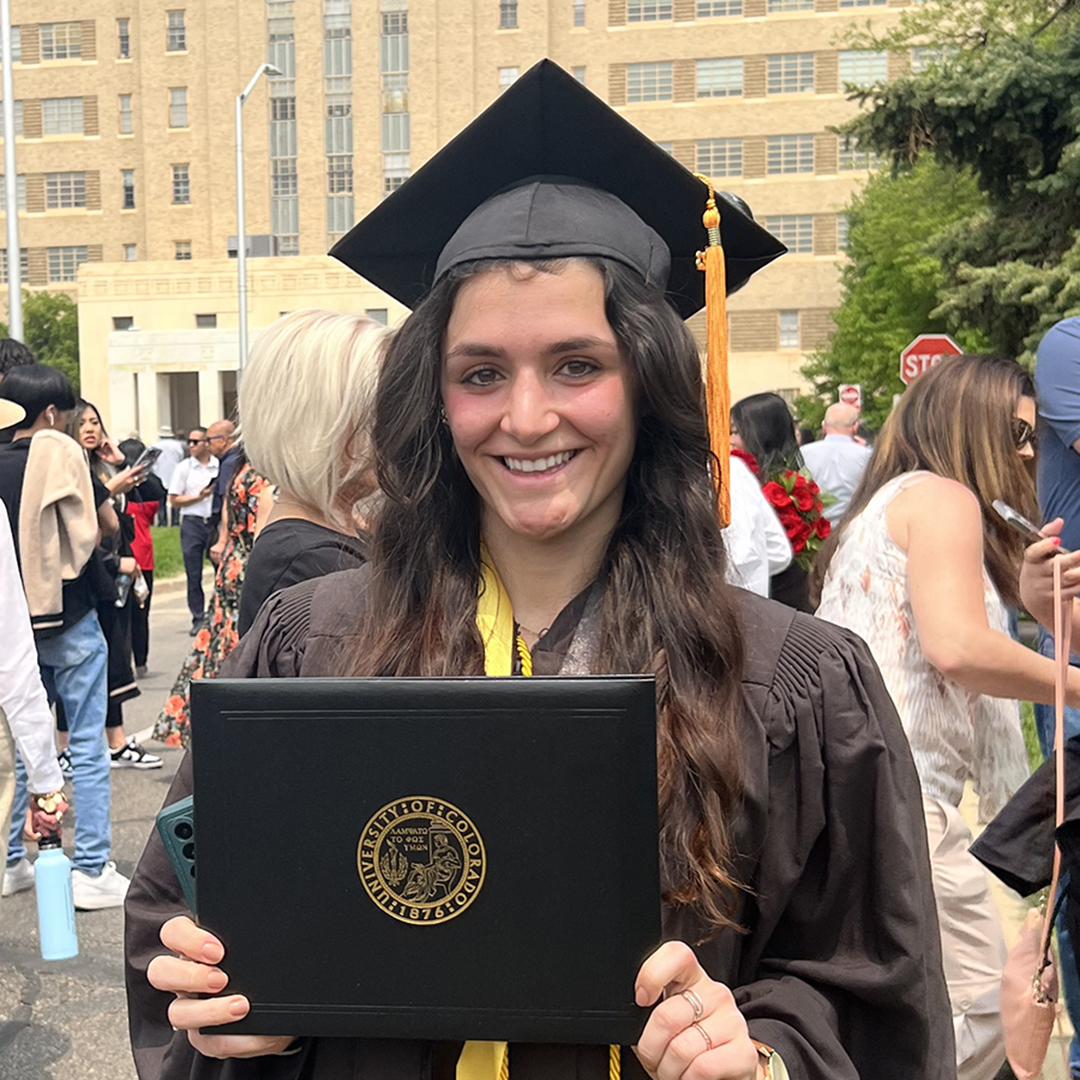
“ Even if you don’t get to know some of the scholars who are benefiting from your efforts. We are all thankful to you. You are making my dream possible and giving me a chance to make my future successful. I think that this is the best gift you could give someone.”
— Emily, Guardian Scholar Alumni, B.S. In Nursing From The University Of Colorado, Anschutz
- Gratitude to our incredible Sponsors & the Auction DonorsWe extend our deep appreciation to both our incredible sponsors for the year and to the donors who supported the auction for our 2023… Read more: Gratitude to our incredible Sponsors & the Auction Donors
- Join Forward Steps for Colorado Gives DayAs we enter the holiday season, we are filled with gratitude for the incredible support and dedication of the Forward Steps community. There is… Read more: Join Forward Steps for Colorado Gives Day
- It’s been an exciting season at Forward Steps!Last month, we had the privilege of hosting our Annual Gala at The University of Colorado Boulder Touchdown Club. We would like to express… Read more: It’s been an exciting season at Forward Steps!

JOIN OUR MAILING LIST
Sign up for Forward Steps news and upcoming events here.

